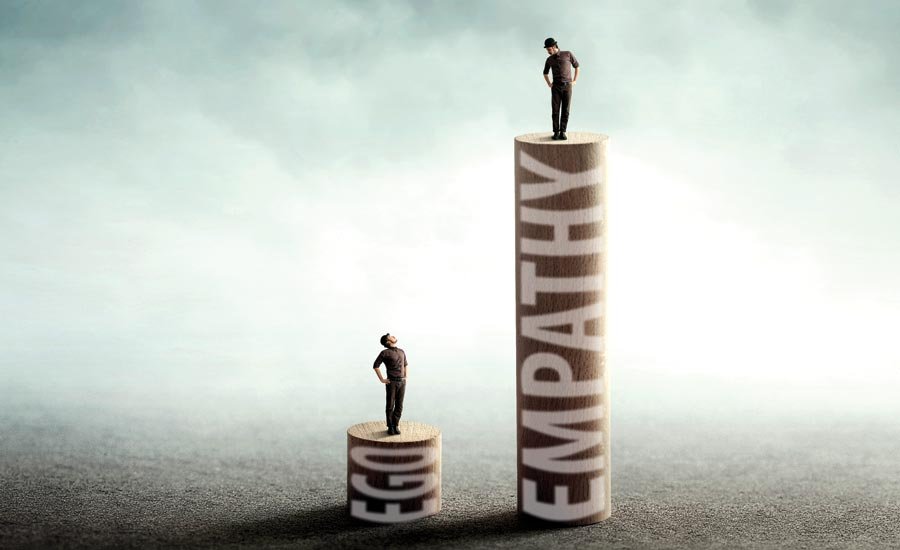Nowadays I think there is a thin line between fame and infamy, in fact the line is extremely blurred in our contemporary society. People are willing to do anything, even negative and controversial things to gain fame and they are often rewarded for it. Meanwhile, there are others who gain fame simply by living their lives publicly, even if it means exposing their vulnerabilities or flaws. Both groups receive attention and validation, regardless of their actions or intentions.
What's in it for me?
I think that when you are quite famous, you will receive invitations to speak from businesses you didn't know existed and gain opportunities and partnerships beyond your imagination due to other people's awareness of you. It’s a fact that well-known individuals or businesses often receive speaking invitations, and visibility can lead to new opportunities. On the other hand, fame doesn’t automatically bring a plethora of unexpected opportunities and partnerships. Success usually involves a combination of factors beyond fame, such as expertise, skills, networking, and strategic decision-making. While being famous can undoubtedly enhance visibility and open doors, the extent and nature of the opportunities may vary, and not every business or invitation may align with the individual's or business's goals and field.
““Who do we give our attention to nowadays?””
How well do you do it?
What impact does having empathy have on sales?
I think that when you have empathy you know what your clients and your team are thinking, and if you know what they are thinking and feeling, you will have better information about what they care about both logically and emotionally. When you know what motivates your clients and team, you will know what to show them and what questions to ask them. To have that type of empathy, you must listen deeply and not think about what you are going to say whilst listening. Stay curious about your clients and what obstacles they are facing, simply ask yourself, “If I was them, what would I care about?” Contact me via e-mail when you are ready for a flexible process for your team. A framework which provides guidelines for where they are and where they want to go.
Outcome vs. Ego
As a father it has always been important to me to emphasise to my children that I don’t care if they win or lose, all I insisted on was that they do their best. This sounds really “woke” but I think that there is a huge distinction between decisions and outcomes. Pause and take a moment to silently think about any decision that you have taken over the past few months.
Q. Did that decision have a good outcome?
A. My guess is yes! As everyone always picks one that has a good outcome, because that’s how we decide that it’s a good outcome.
I believe that if you made a good decision and it didn’t work out, then it’s still a good decision. On the other hand, if you made a bad decision and got lucky, you haven’t learned anything about good decision making. And yet we criticise people based on the outcome as opposed to criticising them based on what’s in their control, and that’s the decision. The practice is about focussing on the decisions because the outcomes are out of our control. The practice is about what’s in our control and not what the outcomes are.
When this happened what are you going to do about it, is completely different than this happened and screaming oh no, over and over again. I think that things that happen, happen, but they are out of our control except for our response towards them.
Food for thought - Do you value truth over objective reality? Are you willing to be effective or would you prefer to be right? I think if you want to be effective you will be open to feedback that teaches you how the world really works. If you need to be right, then you will isolate yourself from that and in your heart of hearts, you know you’ll never be effective.





